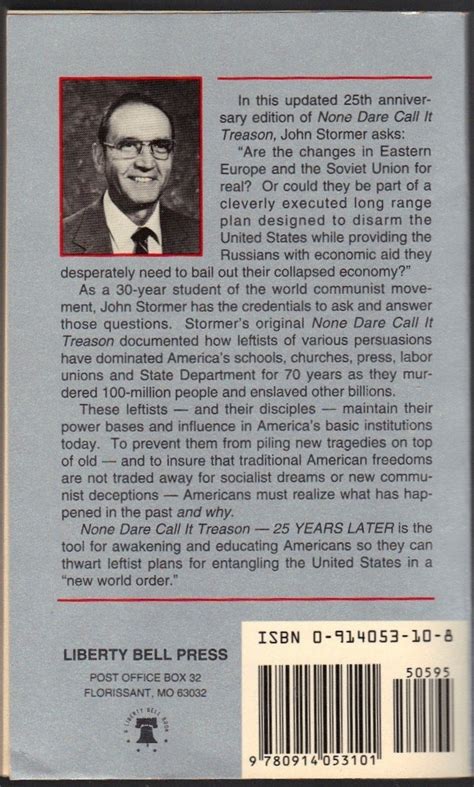A Quote by Francis Schaeffer
If there is no absolute moral standard, then one cannot say in a final sense that anything is right or wrong.
Related Quotes
If there is no absolute moral standard, then one cannot say in a final sense that anything is right or wrong. By absolute we mean that which always applies, that which provides a final or ultimate standard. There must be an absolute if there are to be morals, and there must be an absolute if there are to be real values. If there is no absolute beyond man's ideas, then there is no final appeal to judge between individuals and groups whose moral judgments conflict. We are merely left with conflicting opinions.
I cannot say to you what is right or wrong. I can say only one thing to you: be conscious - that is right. Don't be unconscious because that is wrong. And then whatsoever you do in consciousness is right. But people are living in unconsciousness. And let me tell you: in unconsciousness you may think you are doing something right, but it can't be right. Out of unconsciousness, virtue cannot flower; it may appear virtuous but it can't be. Deep down it will still be something wrong. If you are unconscious and you give money to a poor man, watch: your ego is strengthened. This is sin.
But one thing is certain: the commandments have not changed. Let there be no mistake about that. Right is still right. Wrong is still wrong, no matter how cleverly cloaked in respectability or political correctness. We believe in chastity before marriage and fidelity ever after. That standard is an absolute standard of truth. It is neither subject to public opinion polls nor dependent upon situation or circumstance. There is no need to debate it or other gospel standards.
I'm not saying that atheists can't act morally or have moral knowledge. But when I ascribe virtue to an atheist, it's as a theist who sees the atheist as conforming to objective moral values. The atheist, by contrast, has no such basis for morality. And yet all moral judgments require a basis for morality, some standard of right and wrong.
I'm still not sure I made the right choice when I told my wife about the bakery attack.But then,it might not have been a question of right or wrong. Which is to say that wrong choices can produce right results, and vice versa. I myself have adopted the position that,in fact, we never choose anything at all. Things happen. Or not.
One reason for the decline in moral values is that the world has invented a new, constantly changing and undependable standard of moral conduct referred to as "situational ethics." Now, individuals define good and evil as being adjustable according to each situation; this is in direct contrast to the proclaimed God-given absolute standard: "Thou shalt not!"-as in "Thou shalt not steal".
. . . as to moral feeling, this supposed special sense, the appeal to it is indeed superficial when those who cannot think believe that feeling will help them out, even in what concerns general laws: and besides, feelings which naturally differ infinitely in degree cannot furnish a uniform standard of good and evil, nor has any one a right to form judgments for others by his own feelings. . . .
The American people are not ready for the idea that everyone has at least a moral right to good, timely health care. They do agree they have a moral right, in critical cases, to have anything done to save their life, but they don't believe that anyone has a right not to fall that sick to begin with. So if you ask me, "Are we ever succumbing to some notions of solidarity as a nation?," I would say, "Not at all." I would describe us as a group of people who share a geography. That's a better description of Americans than that we're a real nation with a sense of solidarity.
Few legislators who passed these mental health laws realized that (Brock) Chisholm and his associates defined mental illness as a sense of loyalty to a particular nation, a sense of loyalty to a moral code, and strict adherence to concepts of right and wrong. Chisholm has been obsessed for years with the idea that instilling concepts of right and wrong, love of country and morality in children by their parents is the paramount evil.





































